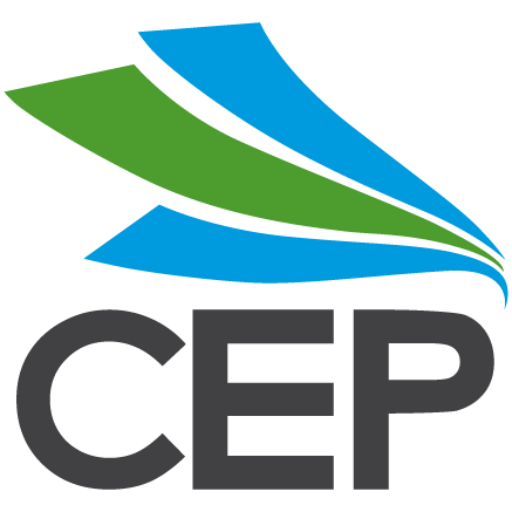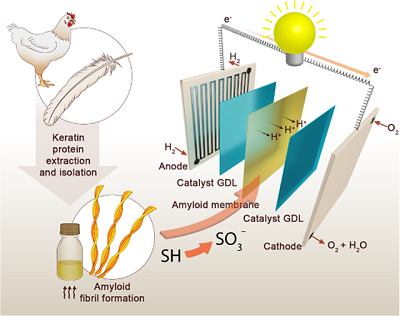State of the Climate, Tipping Points and Fowl Fuel Cells
In this issue:
State of the climate
In 2019 15,000 scientists across 161 countries signed a report under lead author Prof William Ripple of Oregan State University titled “World Scientists’ Warning of a Climate Emergency”. Ripple has just published an update which shows 20 of the 35 planetary vital signs the group use to track climate change are at record extremes. The report offers a concise update on key data and trends and is a sobering read.
Unstoppable transition
The latest World Energy Outlook from the IEA was published this week reporting investment in clean energy is currently running 40% higher than three years ago and describing the energy transition as “unstoppable”. The report cites the growth in solar and EV’s as leading the way in the transition with over US$1bn (NZ$1.7bn) being spent each day on solar installations and one in five new cars now being EVs (was one in 25 in 2020). It predicts fossil fuel use will peak before 2030. The report, again, highlights the critical role of energy efficiency calling for a doubling of the global annual rate of efficiency improvements.
Solar passes tipping point
In a separate study, a group of UK scientists predict solar energy has passed a tipping point that will see it become the dominant source for electricity generation. While acknowledging there will be issues to overcome such as: grid stability, the availability of finance in developing countries, supply chain capacity and political decision making in areas dependent on other fuels, the economic arguments for solar, they claim, are proven and enduring.
Interconnected tipping points
The UN University has just published an analysis of six, interconnected environmental spheres suggesting we are fast approaching tipping points on all six, a proverbial house of cards. The six areas covered are: accelerating extinctions, groundwater depletion, mountain glacier melting, space debris, unbearable heat and an uninsurable future.
Speculative climate tech investment bombs
Early stage investment in climate tech is plummeting according to a report by PwC. In analysing 32,000 deals that took place over the last 12 months, it concludes investment is down 40% compared with the year before. The majority of this is attributed to a very difficult market where early stage investment as a whole is down even more at 50%, i.e. climate tech’s market share of early stage investment is rising even though it is falling enormously in absolute terms. There is also a sign of a maturing market with investment shifting more towards mid-stage investment. Green hydrogen, solar and mobility are the sectoral winners.
Green jobs up 667% in four years
That’s according to the Hiring Trends Index from Totaljobs. The index is based on a quarterly survey of UK HR managers. Over 20% of the surveyed businesses are expanding their “green roles”, which rises to over 40% for larger companies. 40% of companies also indicated they had experienced improved financial performance on the back of improved environmental performance. 82% of employees indicated they expect their employer should address climate change and 60% of millennials said they would avoid applying for positions with employers producing environmentally harmful products. Definitely trends to be conscious of.
COP27 struggles
Just as we approach COP28, the latest attempt to salvage something out of the COP27 pledges to help developing countries fund climate change resilience has collapsed. The fourth meeting of the Transitional Committee (TC) on Loss and Damage ended last week with no outcome. The meeting had been scheduled to draft recommendations for implementation ahead of COP28. There will be a fifth gathering in early November as a last ditch attempt to reach agreement.
Wine quality to improve
A couple of weeks ago we reported the quality of beer is under threat from climate change. It seems the opposite can be said for wine, the red stuff at least. The Bordeaux region, like many, has been experiencing earlier ripening, harvesting, increased water-related stress and quality variation in recent years. Scientists from Oxford University have investigated the trend and established a positive correlation between the quality of wine and warmer temperatures, higher winter and lower summer rainfall and earlier and shorter growing seasons, all outcomes of climate change. Their conclusion is to expect higher quality wines, on average, in the future, at least from this region.
Hydrogen by fair means or fowl
Swiss and Singaporean scientists have been collaborating to improve the sustainability of fuel cells and have come up with a technique that uses chicken feathers to manufacture the membrane used in cells. Historically, fuel cell membranes have been manufactured using expensive, environmentally unfriendly, poisonous and carcinogenic chemicals. They estimate around 40 million tonnes of chicken feathers are incinerated each year releasing large volumes of CO2 and other contaminants. If it flies commercially, the innovation will reduce waste, reduce emissions and improve the economics and sustainability of manufacturing fuel cells.

